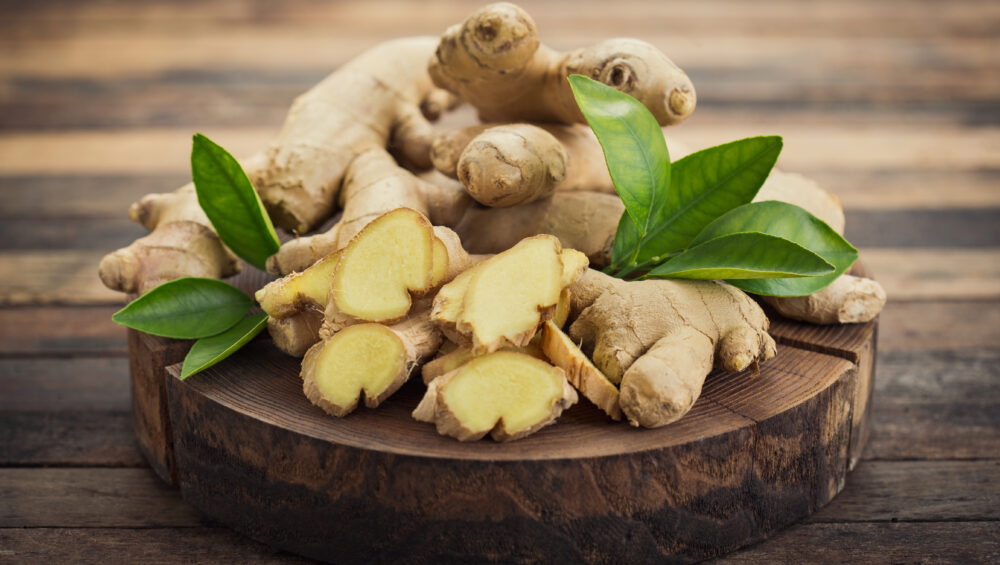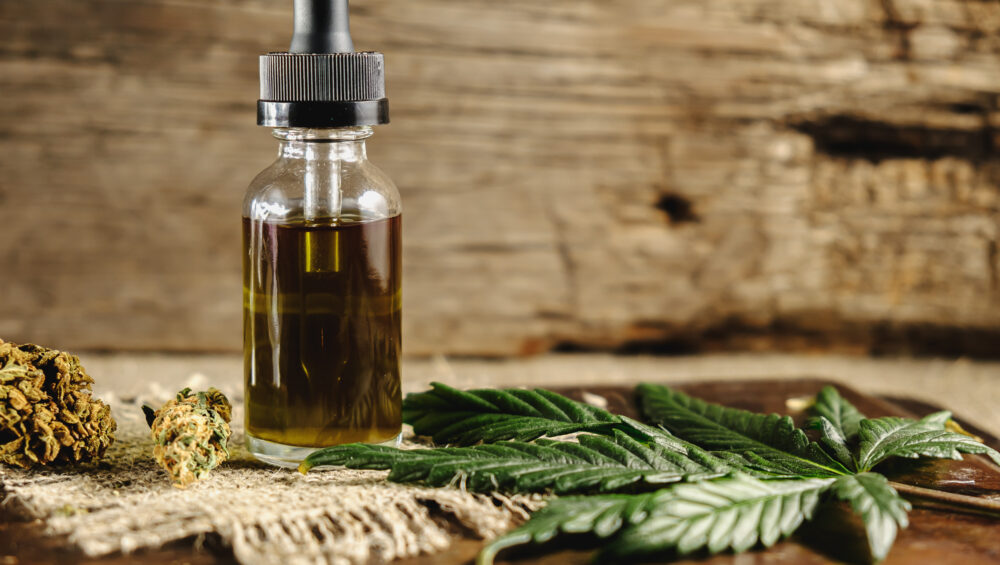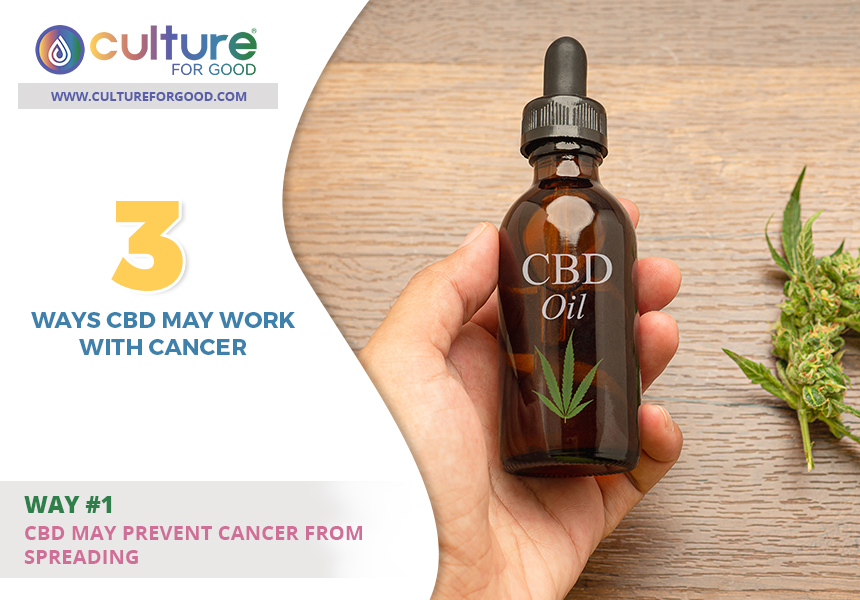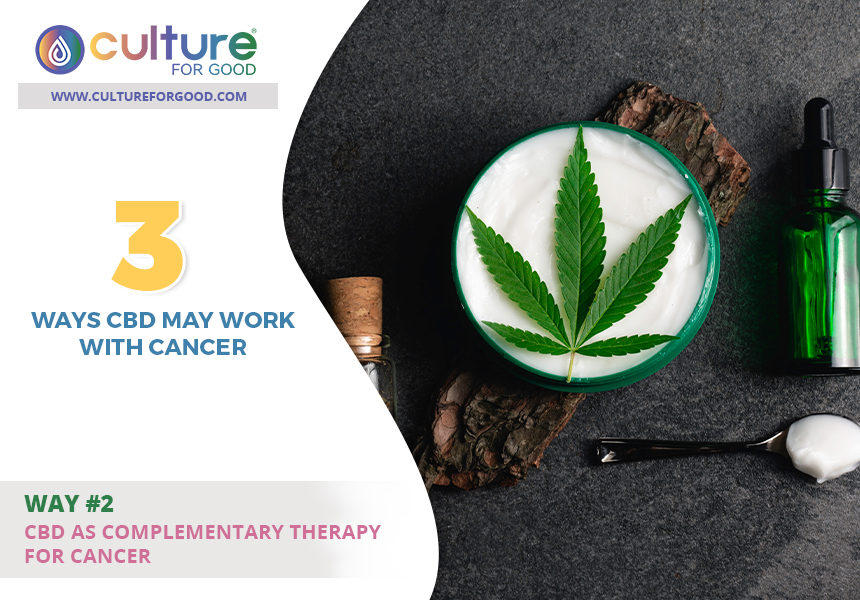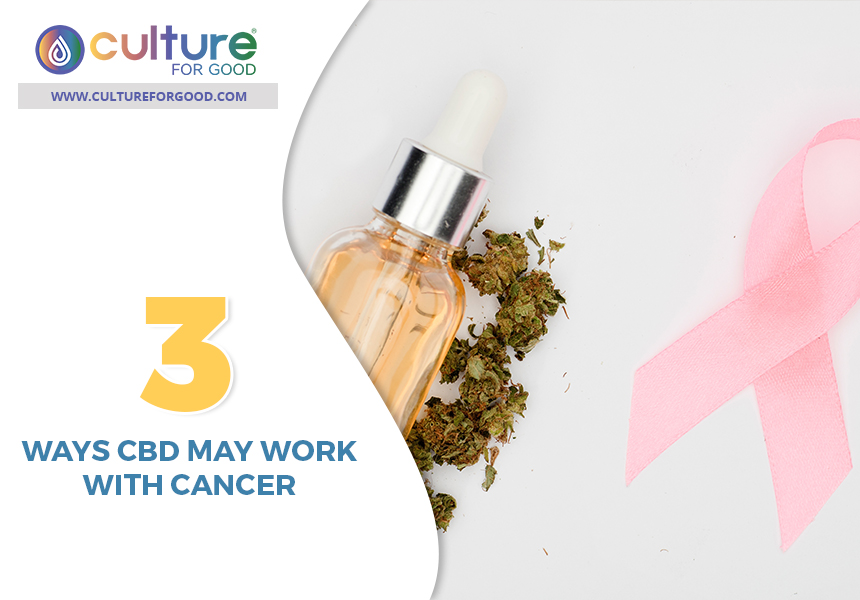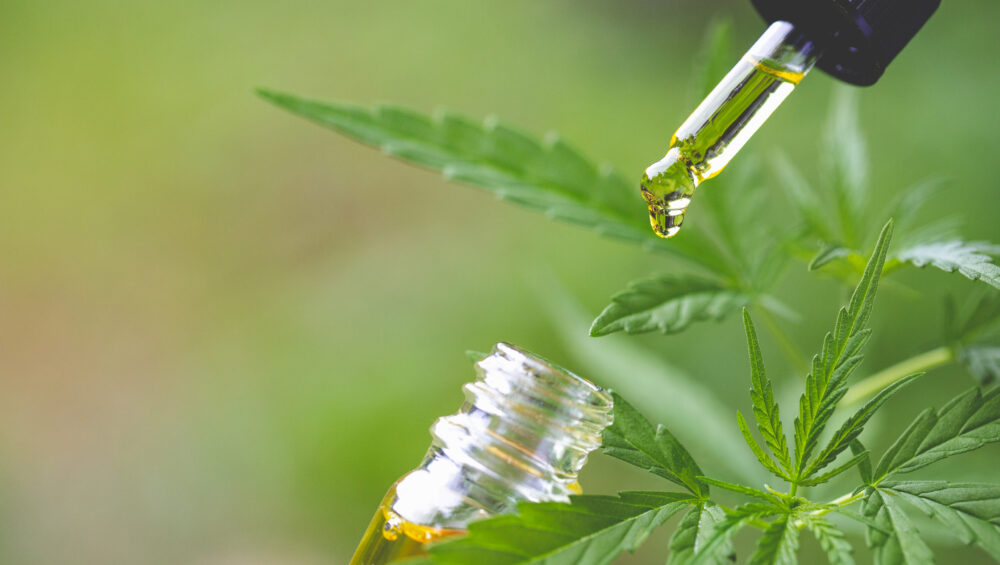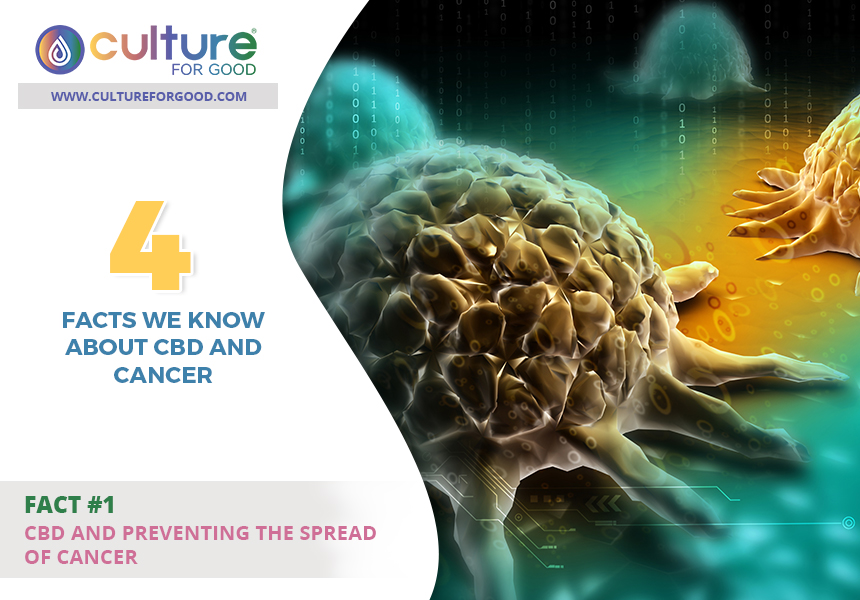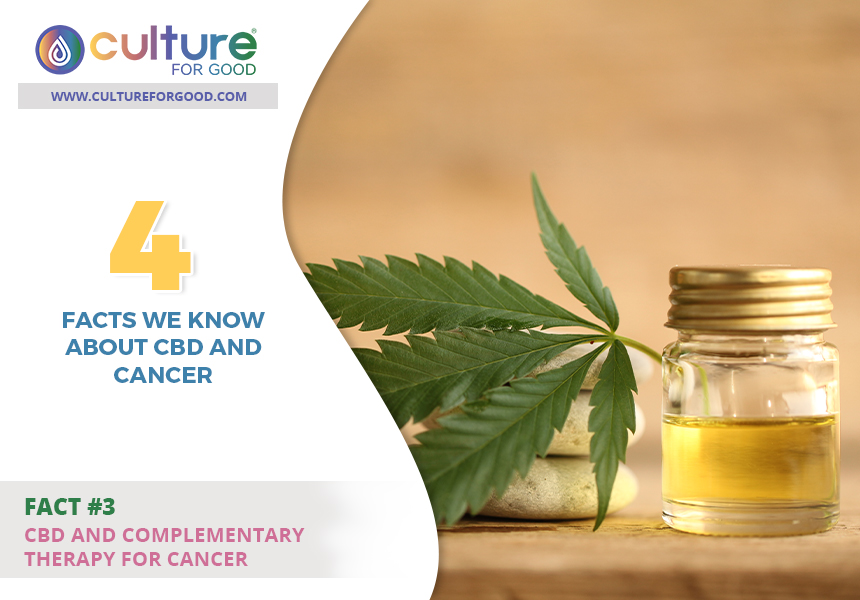Ginger Root: An Immune-Boosting Herb
If you are looking for a natural way to improve your health, ginger root has some amazing benefits that you may not be aware of. Ginger is a popular spice that has been used for centuries in Asian cuisine. It’s also been used medicinally for just as long.
Ginger root can be consumed fresh, dried, powdered, or as an oil or juice. It’s used as a flavoring agent in many recipes. But it also has some powerful health benefits.
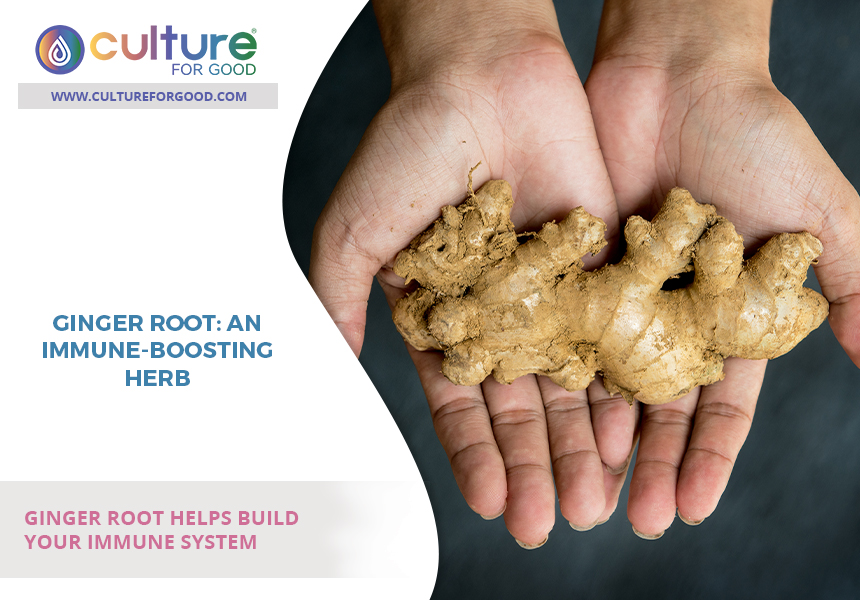
Ginger Root Helps Build Your Immune System
The importance of the immune system can’t be stressed enough. It’s the body’s natural defense against infection and illness, and it helps to keep us healthy. You can keep yourself and your family healthy by eating foods that help build your immune system, like ginger root.
Ginger root is a powerful anti-inflammatory and antioxidant, and it has been shown to boost the immune system. With a healthy immune system, you can increase your energy levels, improve your digestion, and reduce stress. Eating ginger root can also help prevent colds and flu, and it can shorten the duration of these illnesses if you do get sick.

Ginger Root Helps Reduce Your Chances Of A Heart Attack
Heart disease is the leading cause of death in the United States. Ginger root can help reduce your chances of having a heart attack by helping improve blood circulation and lowering cholesterol levels. Keeping your heart healthy allows you to stay around to enjoy life longer.
High cholesterol can cause plaque to build up in your arteries, which can lead to a heart attack. You always want to keep your cholesterol low to help reduce your risk of heart disease. Ginger root can help you do that.
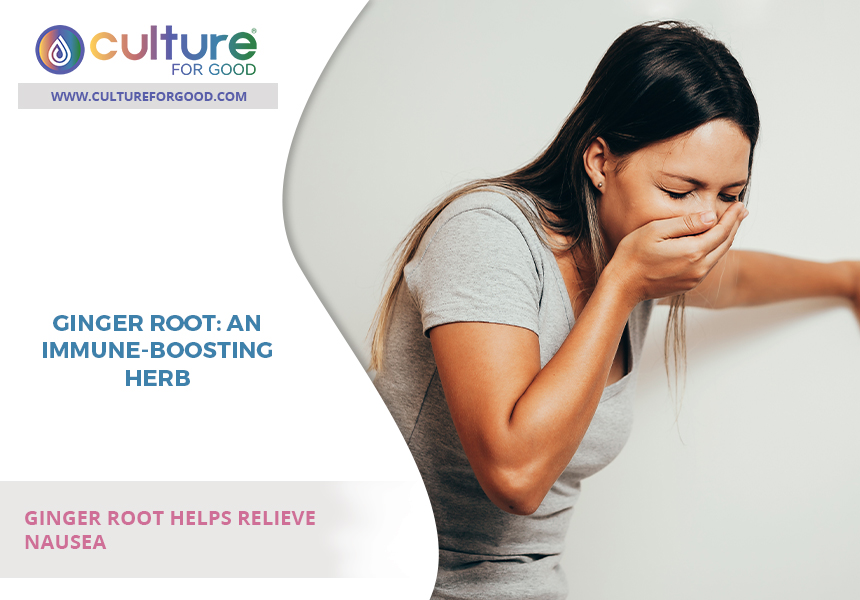
Ginger Root Helps Relieve Nausea
Ginger root is a well-known remedy for nausea. It can be used to relieve nausea caused by motion sickness, chemotherapy, and morning sickness. If you are pregnant, you should speak to your doctor before taking ginger root to relieve nausea. Most women who are pregnant experience morning sickness at some point during their pregnancy. Morning sickness is usually not harmful to the baby, but it can be very uncomfortable.
If you’ve been through chemo, you know how nauseous it can make you feel. Ginger root can help ease that chemotherapy-induced nausea. If you get sick during car rides or boat rides, you can take ginger root to help ease your nausea. The common solution here is ginger root. Taking a ginger root supplement can ease your nausea.
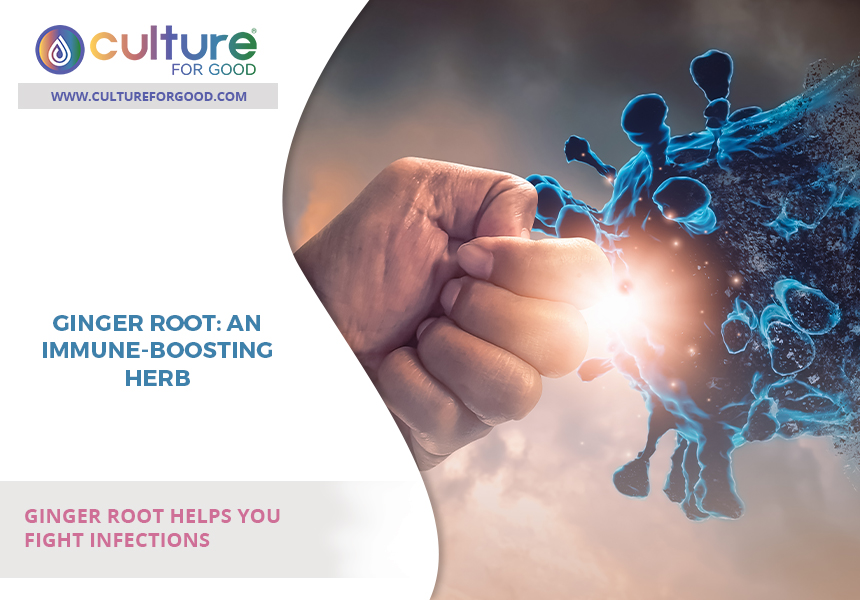
Ginger Root Helps You Fight Infections
Bacteria can be found on surfaces like door handles, countertops, and even on your skin. You can help protect yourself from these bacteria by washing your hands regularly and consuming ginger root. Viruses are another type of infection that ginger root can help you fight.
You can fight deadly viruses that are common right here in the United States, like herpes and shingles. Children are at risk of chicken pox, and ginger root can help boost their immune system and help them fight off these types of infections. Adding ginger root to recipes or supplements can help.

Ginger Root Helps You Treat Athlete’s Feet
If your feet have been itchy, red, and painful, you may have athlete’s foot. An athlete’s foot is a fungal infection that commonly affects people who wear tight shoes or who sweat a lot. If you have an athlete’s foot, you can treat it by washing your feet with soap and water and then applying a ginger root paste to the affected area.
To make a ginger paste at home, grate some ginger root and then add a little water to make a paste. Apply this paste to your athlete’s foot and then cover it with a sock. Leave the paste on for at least an hour before washing it off. For severe cases of athlete’s foot, you may need to see a doctor.

Ginger Root Helps You Reduce Joint Pain
When the fluid in your joints gets inflammation, it can cause pain and stiffness. This is a common condition that affects millions of Americans. If you have joint pain, you know how debilitating it can be. You may not be able to participate in activities that you love because of the pain.
Ginger root has anti-inflammatory properties that can help reduce the swelling in your joints. This, in turn, can help reduce the pain that you are experiencing. You can make a ginger compress by grating some ginger root and then adding it to boiling water. Once the water has cooled, apply the compress to the affected area for pain relief.
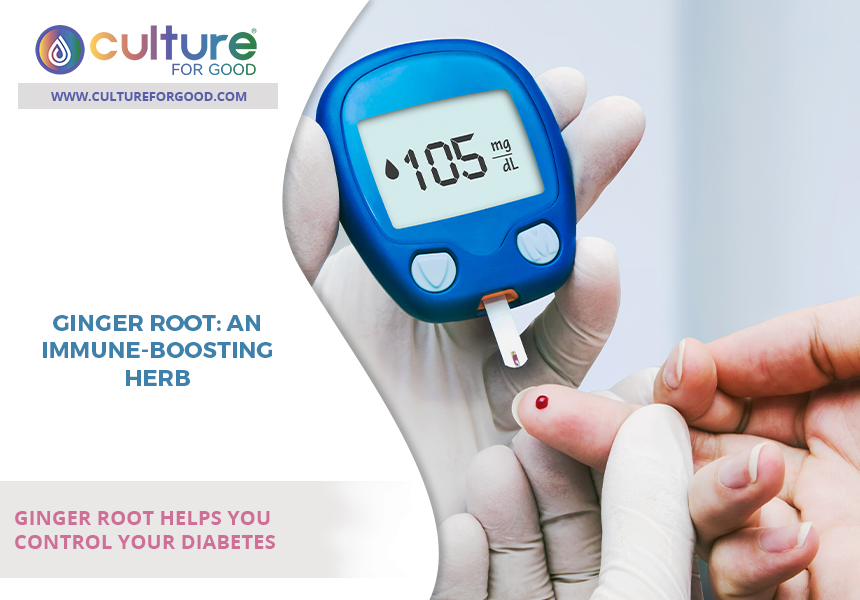
Ginger Root Helps You Control Your Diabetes
Diabetes can cause a lot of serious health problems if it is not controlled. Some of these health problems include heart disease, kidney disease, and blindness. If you have diabetes, you should speak to your doctor about adding ginger root to your diet.
Ginger root can help lower blood sugar levels and improve insulin sensitivity, making you less dependent on insulin. This can help you better control your diabetes. It can reduce your risk of developing some of these serious health problems.
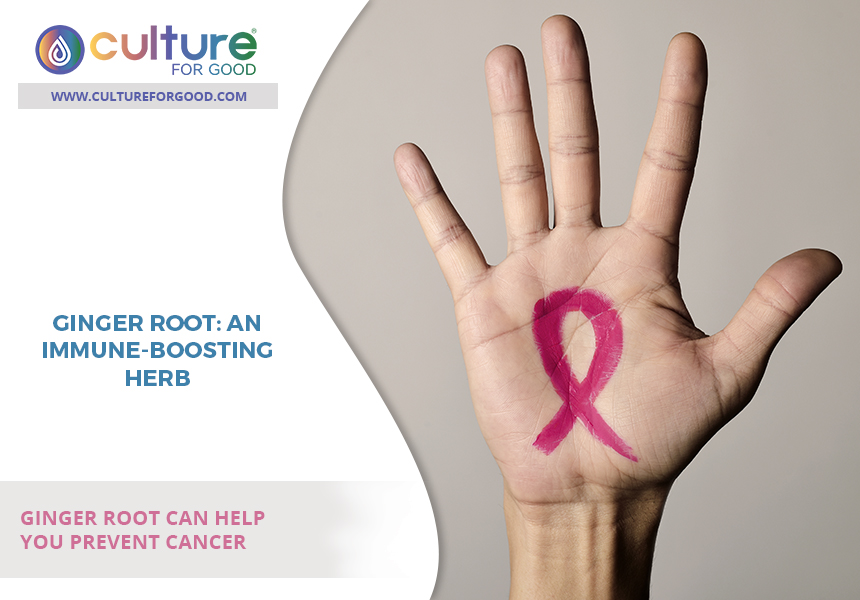
Ginger Root Can Help You Prevent Cancer
If you are battling cancer and would like to try a natural way to prevent it from coming back, you may want to consider consuming ginger root. Ginger root can help kill cancer cells and prevent them from spreading. It is also a great way to boost your immune system so that you can better fight off cancer cells.
You can add ginger root to your diet by consuming it in capsules, drinking it in tea, or adding it to your food. No one wants to find out if they or a loved one has cancer, and when you learn you or someone you love does, you want to help. Letting them know that supplementing with ginger root can help them fight off cancer cells can be beneficial.

Ginger Root Helps You Lose Weight
If you are trying to lose weight, you may want to consider adding ginger root to your diet. Ginger root can help boost your metabolism and increase thermogenesis. This can help you burn more calories and lose weight.
You can add ginger root to your diet by consuming it in capsules, drinking it in tea, or adding it to your food. It can be so hard to lose weight and keep it off. But by adding ginger root to your diet, you may be able to give yourself a little boost.

Ginger Root Helps You Detoxify Your Body
If you have been exposed to toxins, you may want to consider consuming ginger root to help detoxify your body. Ginger root can help remove toxins from your liver and kidneys. It can also help improve circulation and increase sweating. This can help your body get rid of these toxins so that you can feel better and function more efficiently.
Having a healthy lifestyle is very important. Eating a healthy diet and regularly exercising are two of the best things that you can do for your overall health. But sometimes, we need a little help to get on the right track; that is where the ginger root comes in. Ginger root has many health benefits that can help you improve your overall health. So, if you are looking for a way to boost your health, you may want to consider adding ginger root to your diet.
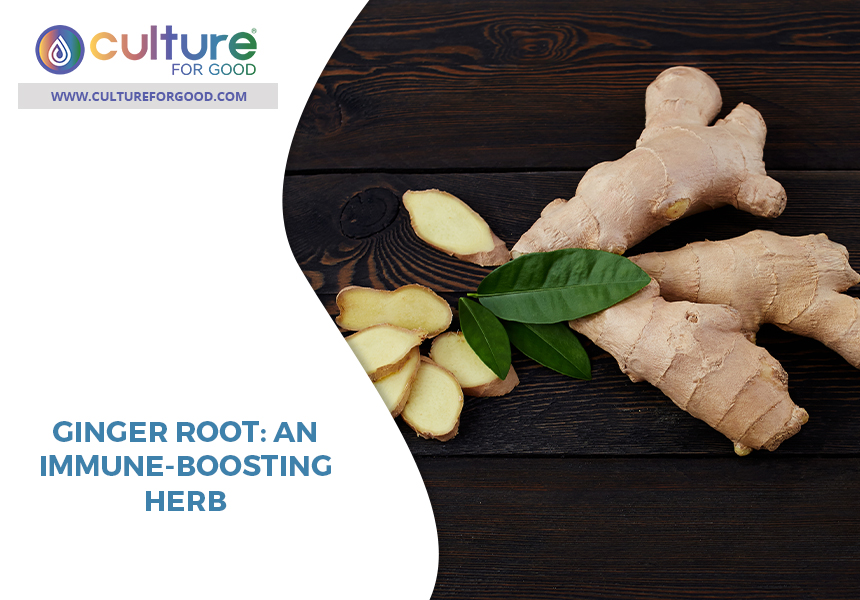
Now that you know all the amazing benefits that ginger root can provide, you can incorporate ginger root into your diet. There are lots of different ways to do this, including adding it to your favorite recipes or juicing it. You can also take ginger root supplements to get your daily dose. Whatever way you choose, make sure that you enjoy the benefits of this incredible root!
